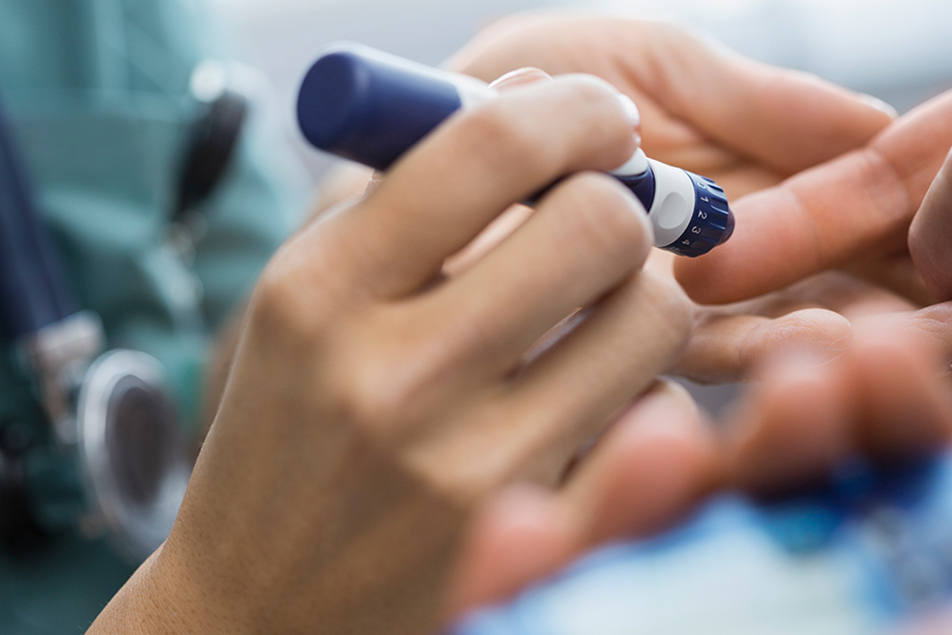We survived the winter and spring is here! Spring brings with it motivation to clean our homes, our closets, our windows, etc. It is a season of starting fresh and getting organized. The return of the sun allows us to see all those projects we have left unattended for the winter. Spring can also be a good reminder to look at our health and start fresh. By now, maybe we’ve lost sight of those resolutions we set at the start of the year, or the winter holidays took us off track.
Today is Diabetes Alert Day. If you already have diabetes, this is an excellent reminder to renew and refresh your meal plan and assess the progress you’re making toward the standards of care for diabetes. If you do not have diabetes, it is an excellent reminder that we can all be at risk.
Diabetes is a disease that can affect everyone of varying ages, races and ethnicities. It is important to be routinely screened for diabetes in addition to knowing the signs and symptoms. The American Diabetes Association recommends that anyone over the age of 45 be screened for diabetes at least once every three years. However, if you have a family history of diabetes or other risk factors, you may need to be screened at an earlier age and increase the frequency.
The onset of Type 2 diabetes can be very gradual and often go undetected for several years. It is important for each of us to not only know the signs and symptoms of diabetes, but also our risk of developing it. The signs and symptoms of Type 2 diabetes are often subtle and overlooked and some individuals do not develop symptoms at all! The following is a list of signs and symptoms of Type 2 diabetes:
- Increase in thirst
- Increase in hunger
- Frequent urination
- Headaches
- Cuts or sores with prolonged healing
- Blurry vision
- Fatigue
- Weight gain
- Numbness or tingling in the hands or feet
In addition, the American Diabetes Association has also developed a risk assessment quiz. You can take this quiz here. It takes less than a minute and can clue you into your risk. Early detection and treatment of diabetes is key in avoiding complications. If you have been diagnosed with type 2 diabetes, education about nutrition, lifestyle and your medication is very effective in reducing complications. For more information on Parkview’s Diabetes Education Program call (260) 373-4280.




